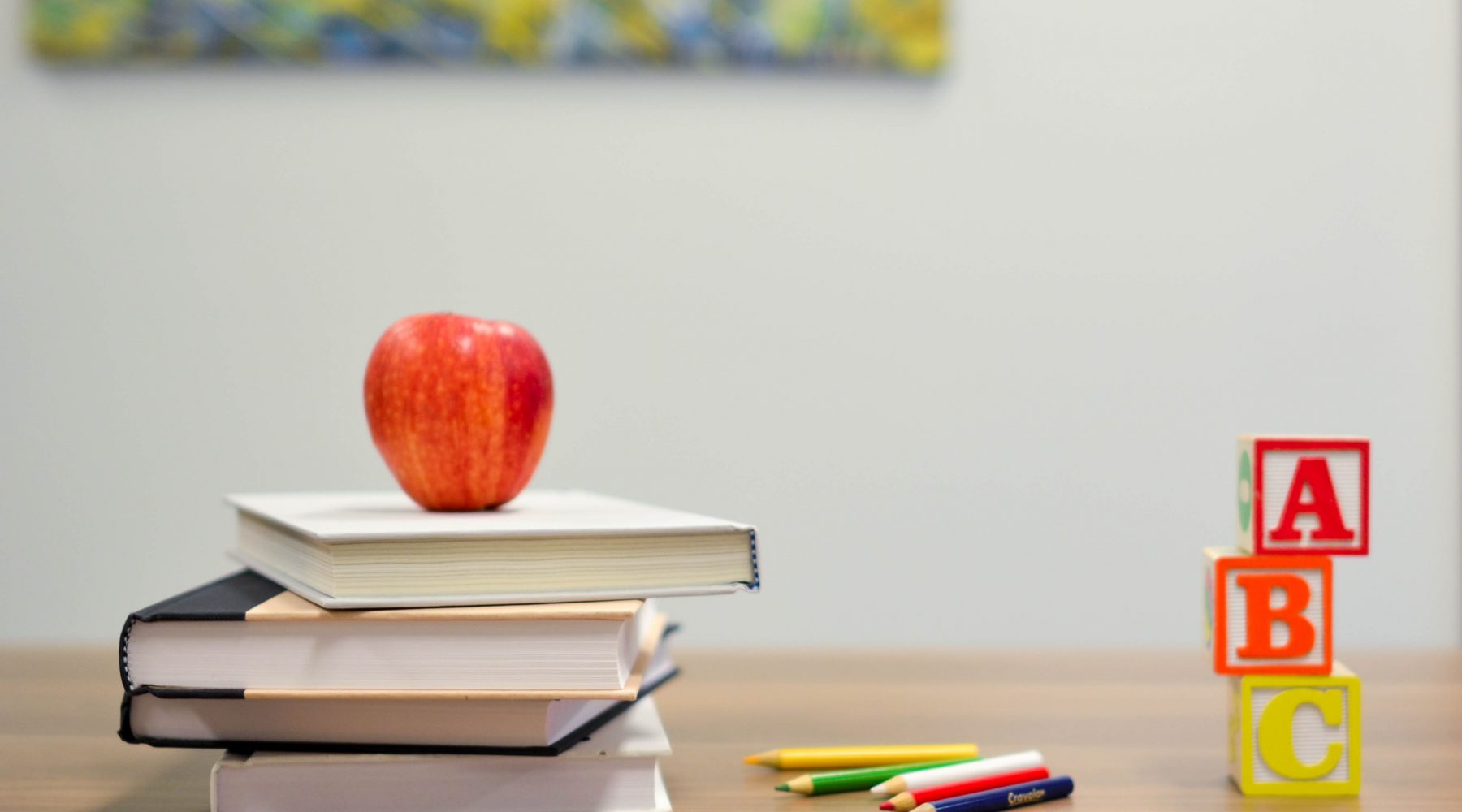New guide created to get children emotionally ready for school

While some children arrive at school with the social and emotional tools they need to be successful in the classroom, AEDC data shows that one in five children arrive at school developmentally vulnerable in one or more crucial domains.
The impact of starting behind can be lifelong, and can impede children’s capacity to gain the most from their years of education. Preschool years are when executive functioning in the brain develops, allowing children to inhibit behaviors, regulate their attention and begin building working memory. Children who are emotionally unready for school often face peer rejection, negative relationships with teachers and dropping out.
It is for this reason that a team of researchers from the University of Oregon have begun developing a guide to assist educators and families to “tweak” behaviours in the ‘pivotal’ developments stages occurring between two and five years of age, so that children can commence school ready to learn.
Researcher, Assistant Professor Nicole Giuliani, said the team has “merged the theoretical findings related to the regulation of early childhood emotions with applied research from school psychology.”
Despite the large and obvious overlap between these fields, she believes this is the first time this has been done, with researchers emphasising the attempts they have made to “put the literature into the same language.”
Ellie Harrington, a doctoral candidate involved in the research, spoke about the role of emotional regulation strategies, and how these can support children. While much of the literature reviewed talked about how to “shut down” unwanted negative behaviour, there was little to guide educators and parents as to how to redirect in a more supportive fashion.
One example given by the researchers was for managing frustration, suggesting the following script: “Let’s try taking a deep breath together. First, smell the flowers. Breathe in through your nose. Now blow the bubbles; blow out through your mouth.”
The team’s paper, published in the journal Emotion’s special issue on “Fundamental Questions in Emotion Regulation,” addresses many typical behavioral challenges. It is important, Ms Giuliani said, to recognise emotions and provide boundaries.
Other strategies included modelling emotional responses with appropriate language and actions, labelling emotions and responses, and coaching children through using strategies to regulate their emotions.
Adaptive strategies for both parents and educators are shared in the research, with strategies for educators to use either individually with a child or in small groups as part of existing tiered systems of support already in place.
To access the research, please see here.
Popular

Workforce
Policy
Quality
Practice
Provider
Research
ECEC must change now, our children can’t wait for another inquiry
2025-07-02 07:47:14
by Fiona Alston

Practice
Provider
Quality
Workforce
Leading with Curiosity: How distributed leadership is redefining the future of early childhood education
2025-07-03 07:42:07
by Contributed Content

Events News
Workforce
Marketplace
Practice
Quality
Provider
Research
An exclusive “Fireside Chat” with ECEC Champion Myra Geddes
2025-07-01 11:25:05
by Fiona Alston













